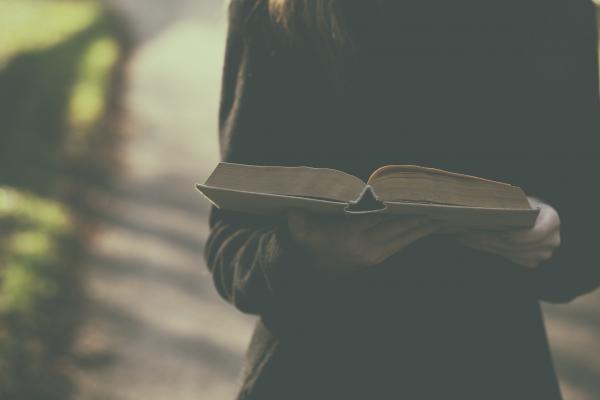Before the announcements of the new agreement at COP 21, when the thousands of people who were not closely engaging with official delegates of the 190 countries gathered in Paris, I was sitting at a small white table with my new found friend Kenneth.
We spoke for nearly an hour before I asked him the question.
We had been talking about the work of the Ghanian Religious Bodies Network On Climate Change, which brings together Muslims, Christians, and Indigenous peoples across Ghana to work on climate change because, after all, “climate change impacts all of us.” We touched upon capacity building, workshops, seminary education, practicalities, and visions. It was the kind of conversation that most people who were not directly involved in the negotiations were in Paris to have: networking, information sharing, and building cross-cultural relationships around common endeavors.
Finally, I asked him, “Are you religious?”
Read the Full Article

